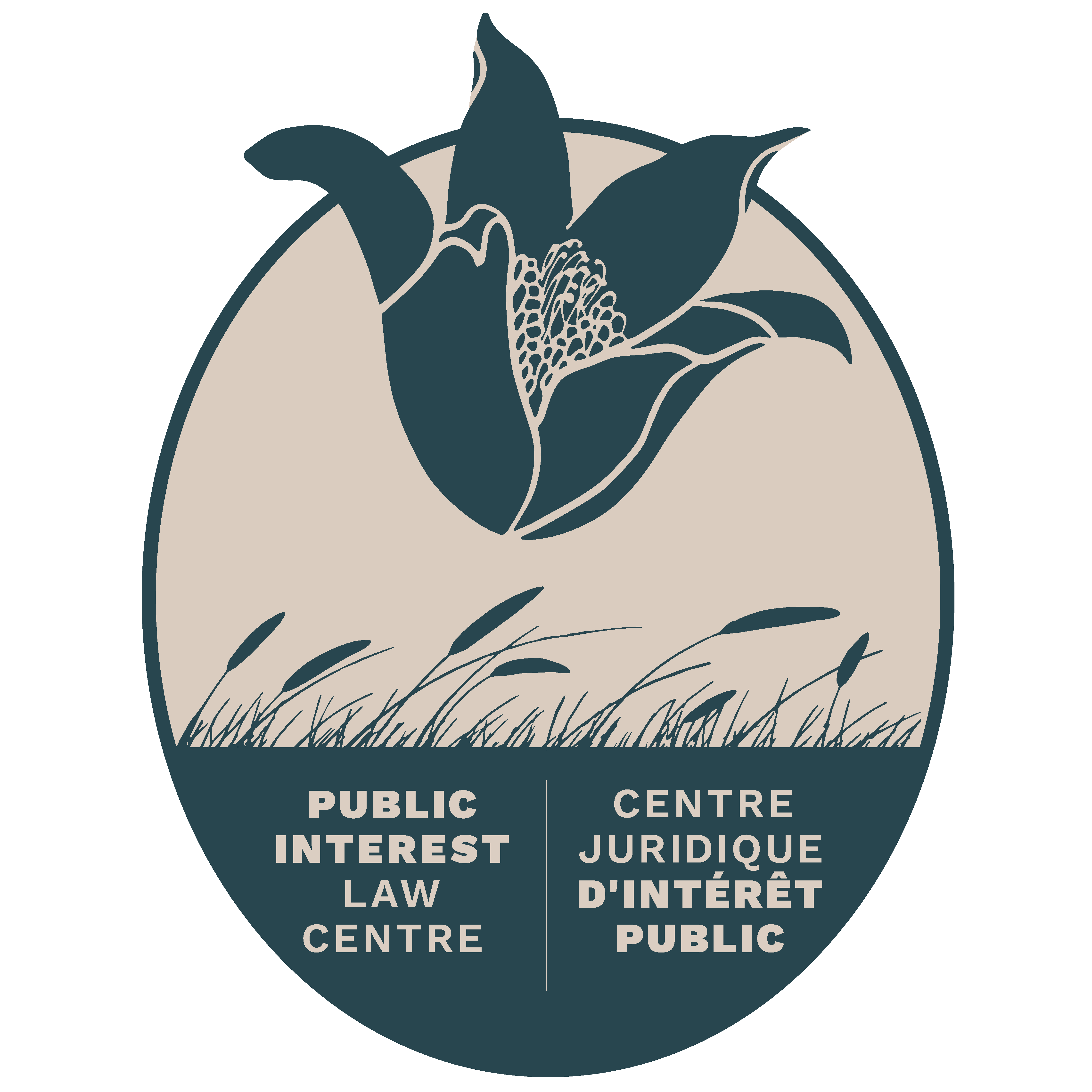Prisoner Rights
Procedural Fairness in Prisons
In 2015, officials at Stony Mountain Institution transferred a prisoner living with mental illness from a medium to a maximum security facility. The move would have removed the prisoner from a supported living unit, where extra mental health supports and professionals were available, and placed him in a unit with no extra mental health supports, limited access to programs, and potential abuse by other prisoners.
On the prisoner’s behalf, the Public Interest Law Centre (PILC) applied for a writ of habeas corpus, which obliges prison officials to demonstrate that they have the legal authority for the manner in which they are detaining the prisoner. In this case, the courts ruled that an official had not followed proper procedure when ordering the transfer. As a result, the transfer was revoked and the prisoner returned to the medium-security facility.
Suicides of At-Risk Youth in Custody
In 2011, the Manitoba government held a joint inquest into the 2010 suicides of two young women in custody at the Manitoba Youth Centre. PILC represented the Elizabeth Fry Society, an organization for women involved in the criminal justice system, at the inquest and arranged for the presentation of expert opinion on how to improve mental health services for young persons at risk. Recommendations for improved suicide prevention measures contained in the 2012 inquest report drew upon evidence presented by PILC’s witnesses.
Segregation and Indigenous Spiritual Practices
In 2006, PILC challenged the transfer of a prisoner to the Crossroads Range in Stony Mountain Institution. The range operated, in essence, as a segregation unit where inmates were kept in their cells most of the day and deprived of any meaningful access to Indigenous Elders and spiritual ceremonies, programs and employment.
On behalf of the inmate, PILC argued that the operation of the range was unlawful and that decisions to transfer inmates to the Crossroads Range without a fair process violated section 7 of the Charter of Rights and Freedoms. The Crossroads Range closed that same year.
Treatment of Female Prisoners
The Elizabeth Fry Society, an organization for women involved in the criminal justice system, filed two human rights complaints in 2002 on behalf of incarcerated women in Manitoba. The complaints argued that:
- The provincial correctional system discriminated against incarcerated women on the basis of sex
- The correctional system failed to meet the needs of Indigenous women, women with children, pregnant women and women with disabilities
- Incarcerated women lacked the same access to recreational, health and educational services as incarcerated men
On behalf of the Elizabeth Fry Society, PILC participated in the mediation process led by the Manitoba Human Rights Commission. The mediation process resulted in increased services and the establishment of a joint committee to ensure implementation of the agreement.
The Right of Prisoners to Vote in Federal Elections
In 2002, Canada’s Supreme Court ruled that a provision in the Elections Act, which prohibited federal inmates from voting in federal elections, unjustifiably violated The Charter. In collaboration with legal counsel representing Ontario inmates, PILC represented a coalition of inmates from the Stony Mountain Institution in successfully challenging the unlawful provision.
Mothers’ Rights
In 1993, with the assistance of PILC, a young, pregnant inmate at the Portage la Prairie Correctional Institution for Women challenged a rule requiring her to give up care and custody of her child once the child was born.
Before the case went to court, the case was settled in her favour, allowing her to mother the child in the jail during its first year of life. Key to reaching this decision was the research PILC had compiled, demonstrating that allowing female offenders to maintain as much family integrity as possible was in the best interests of both the parent and the child.







